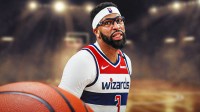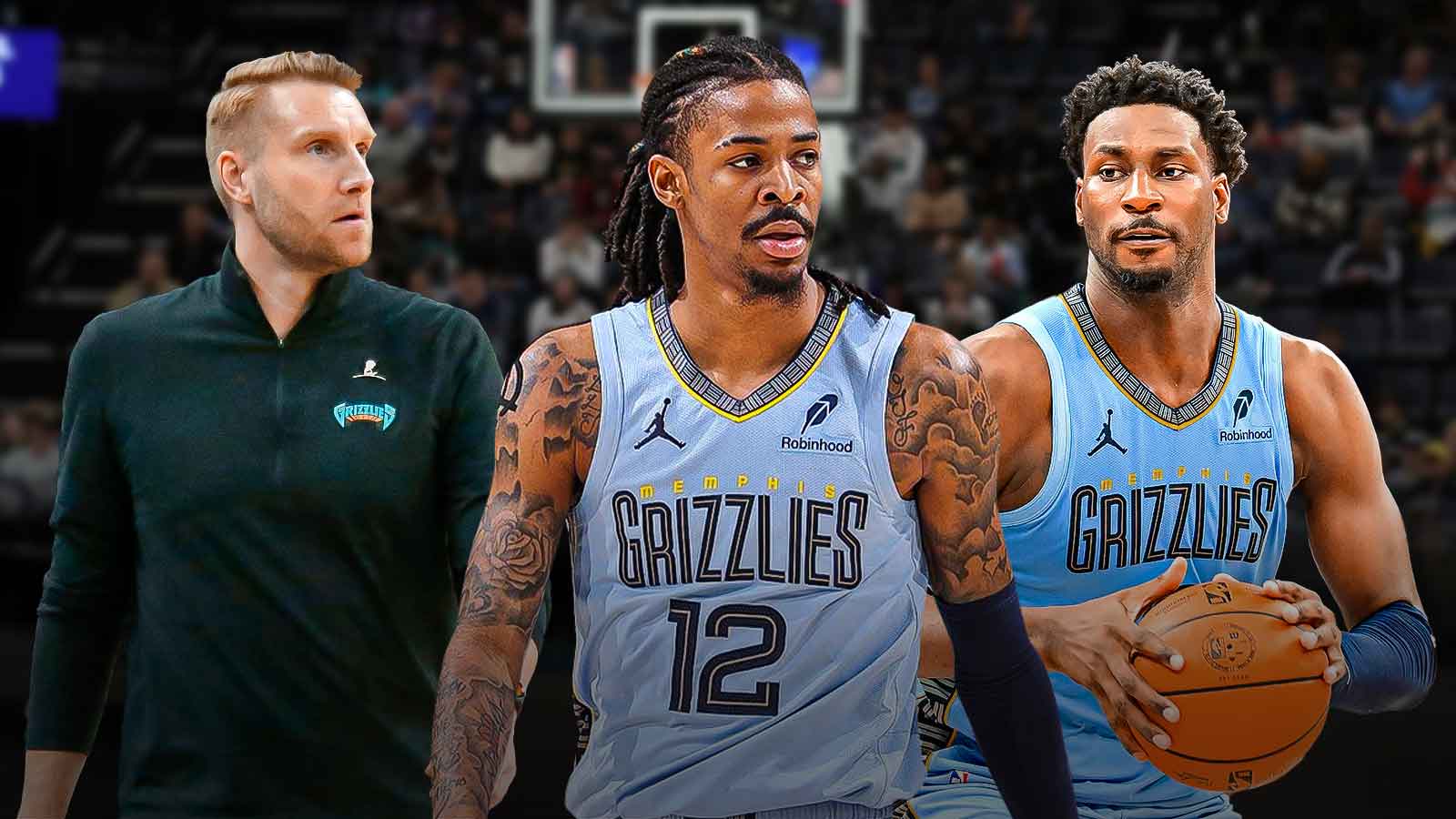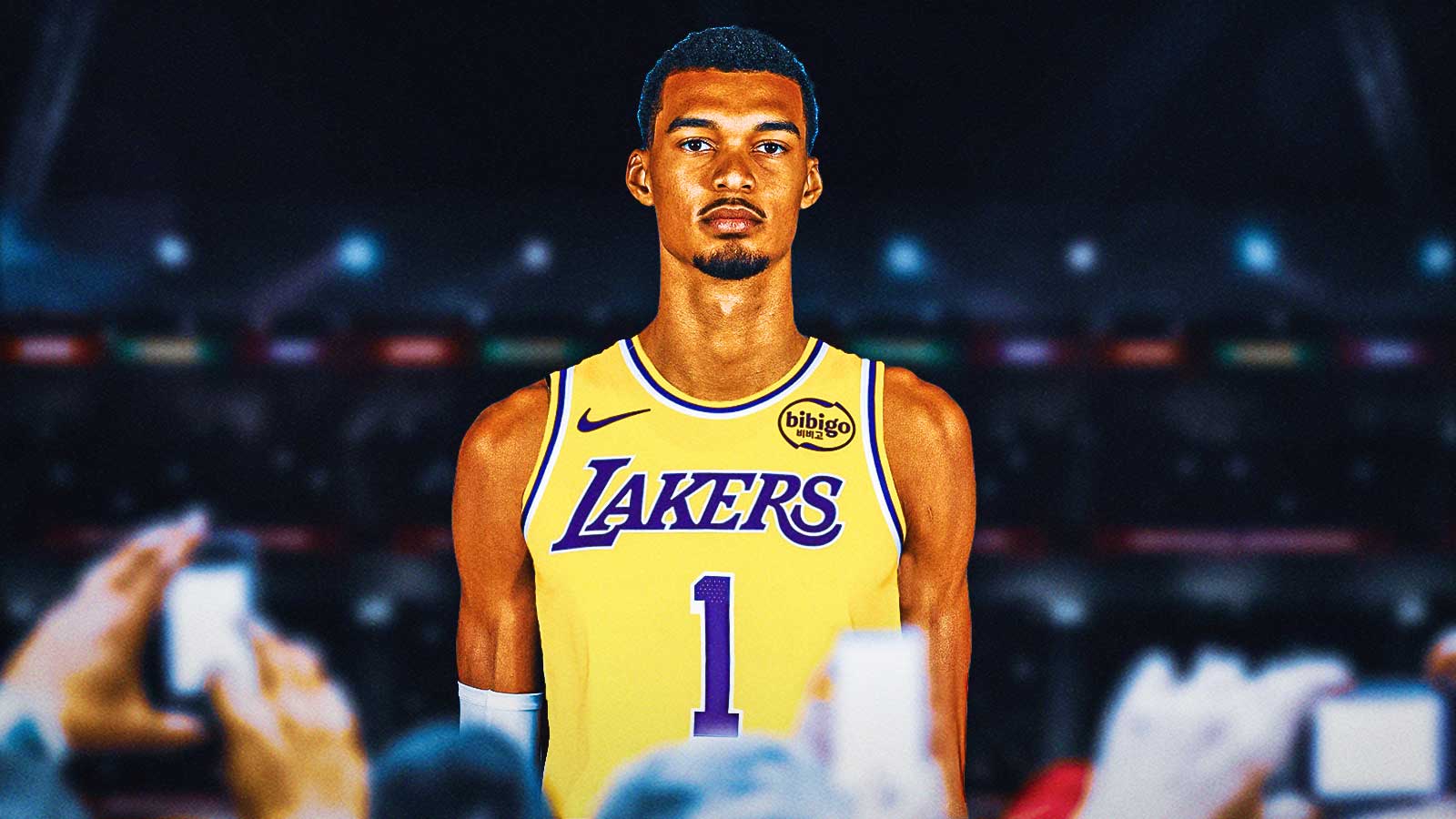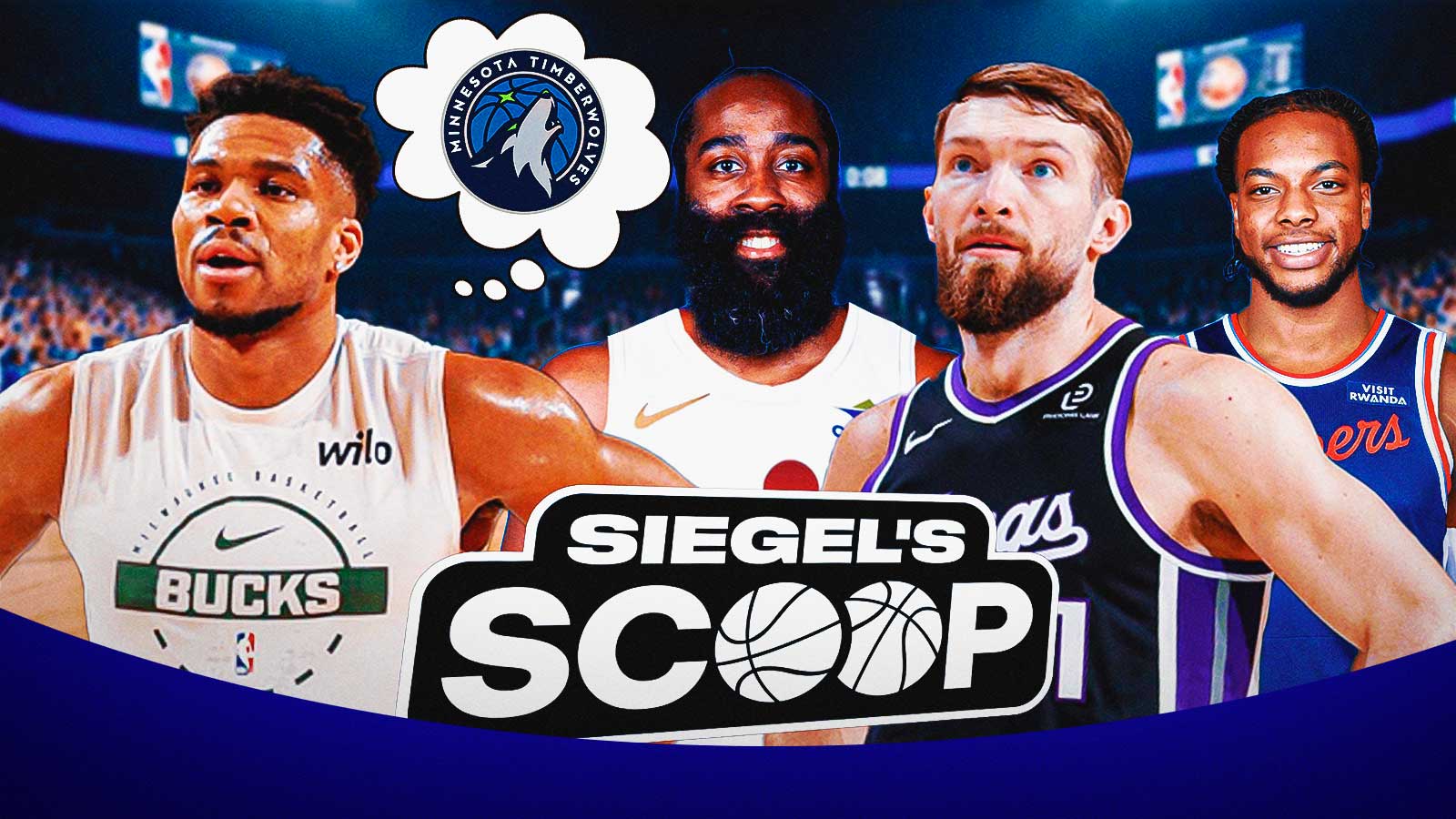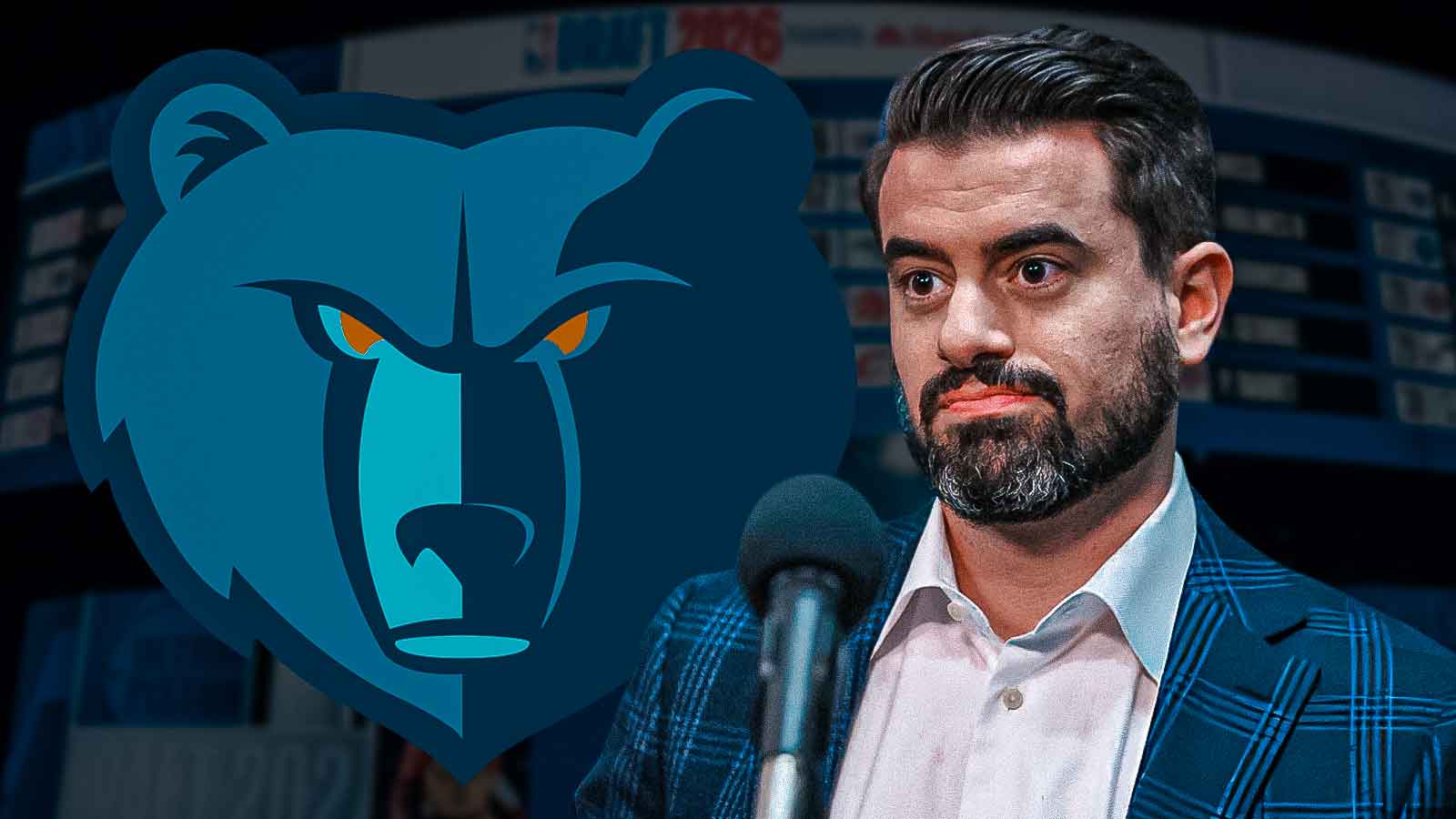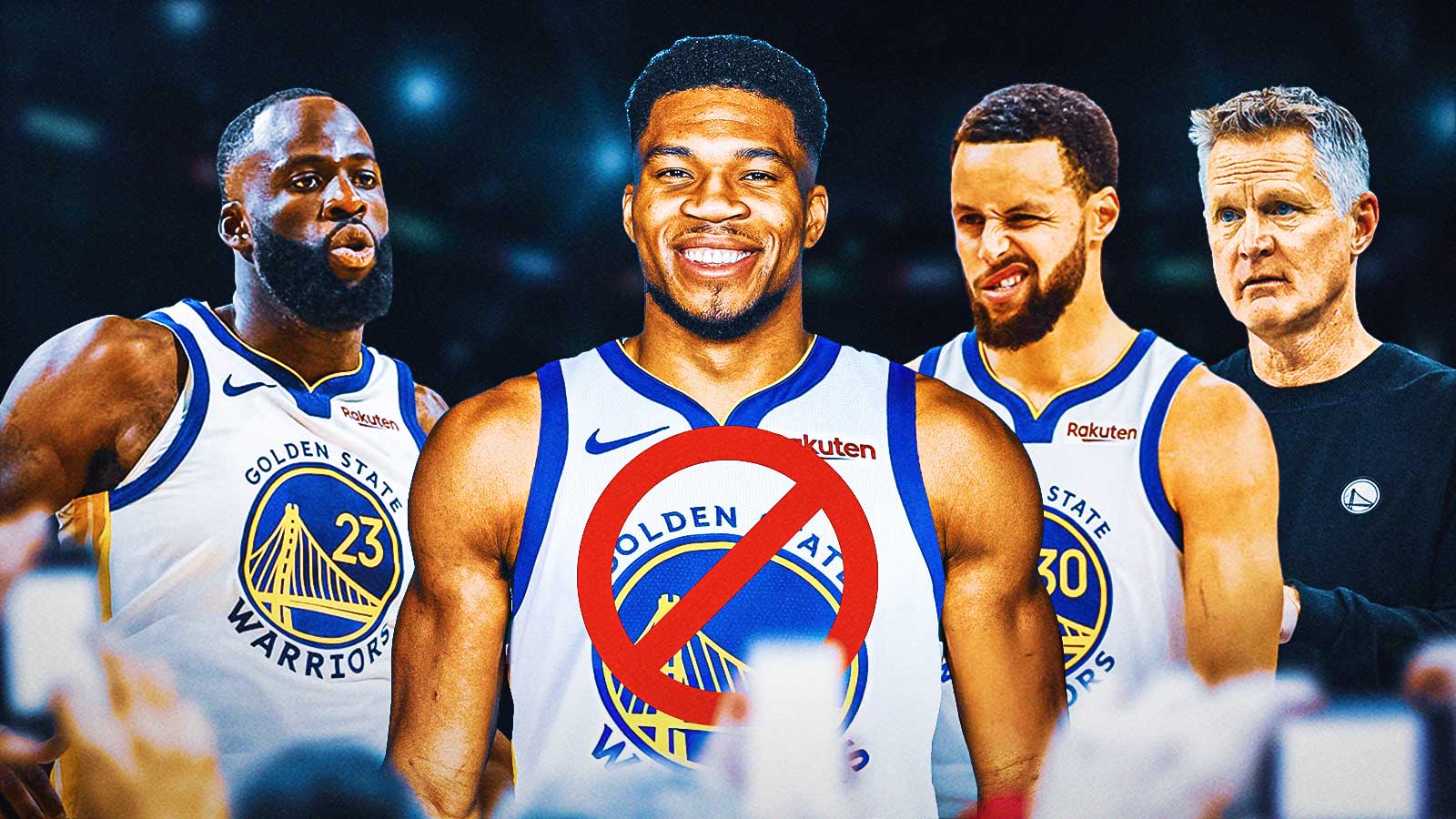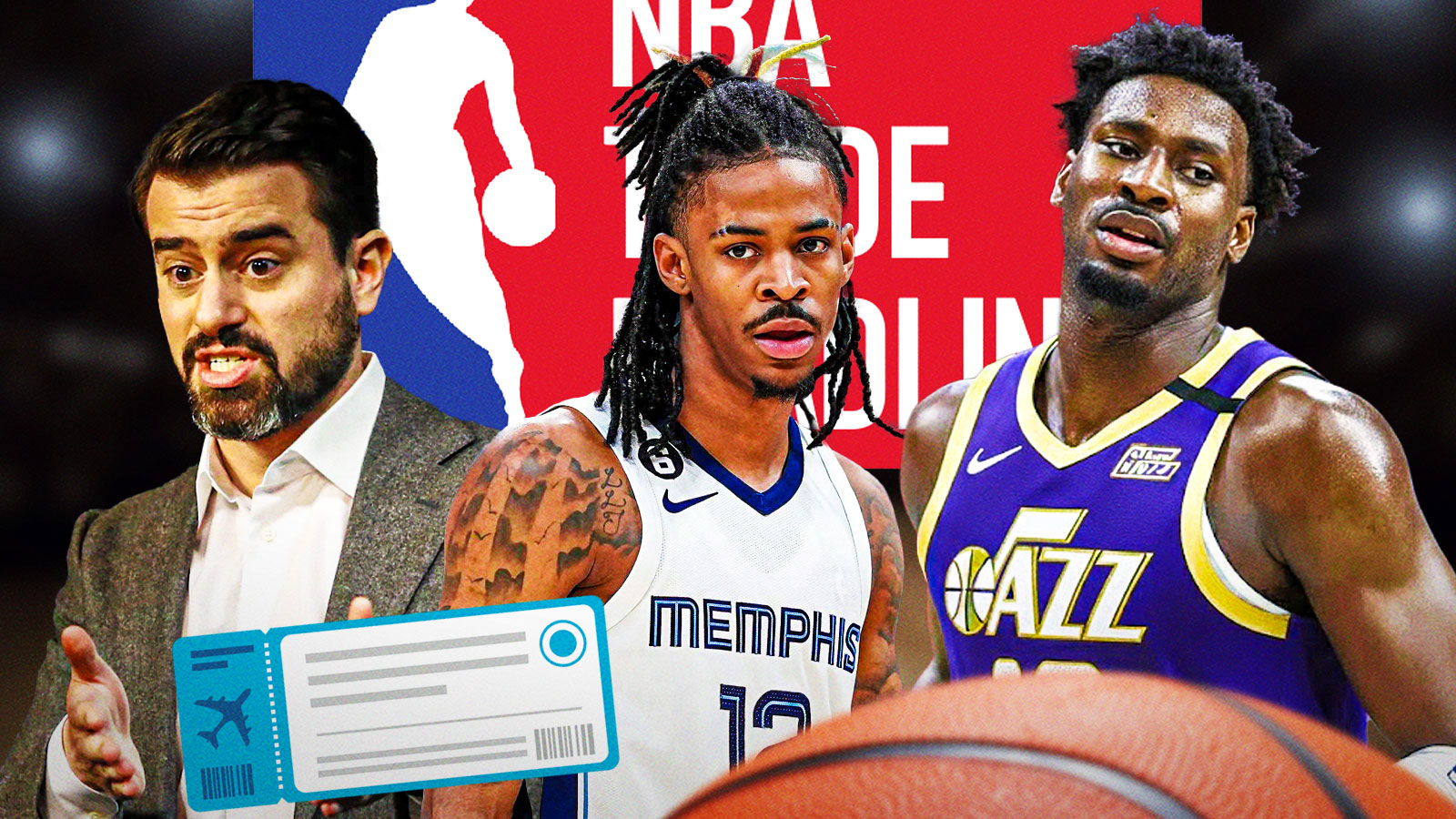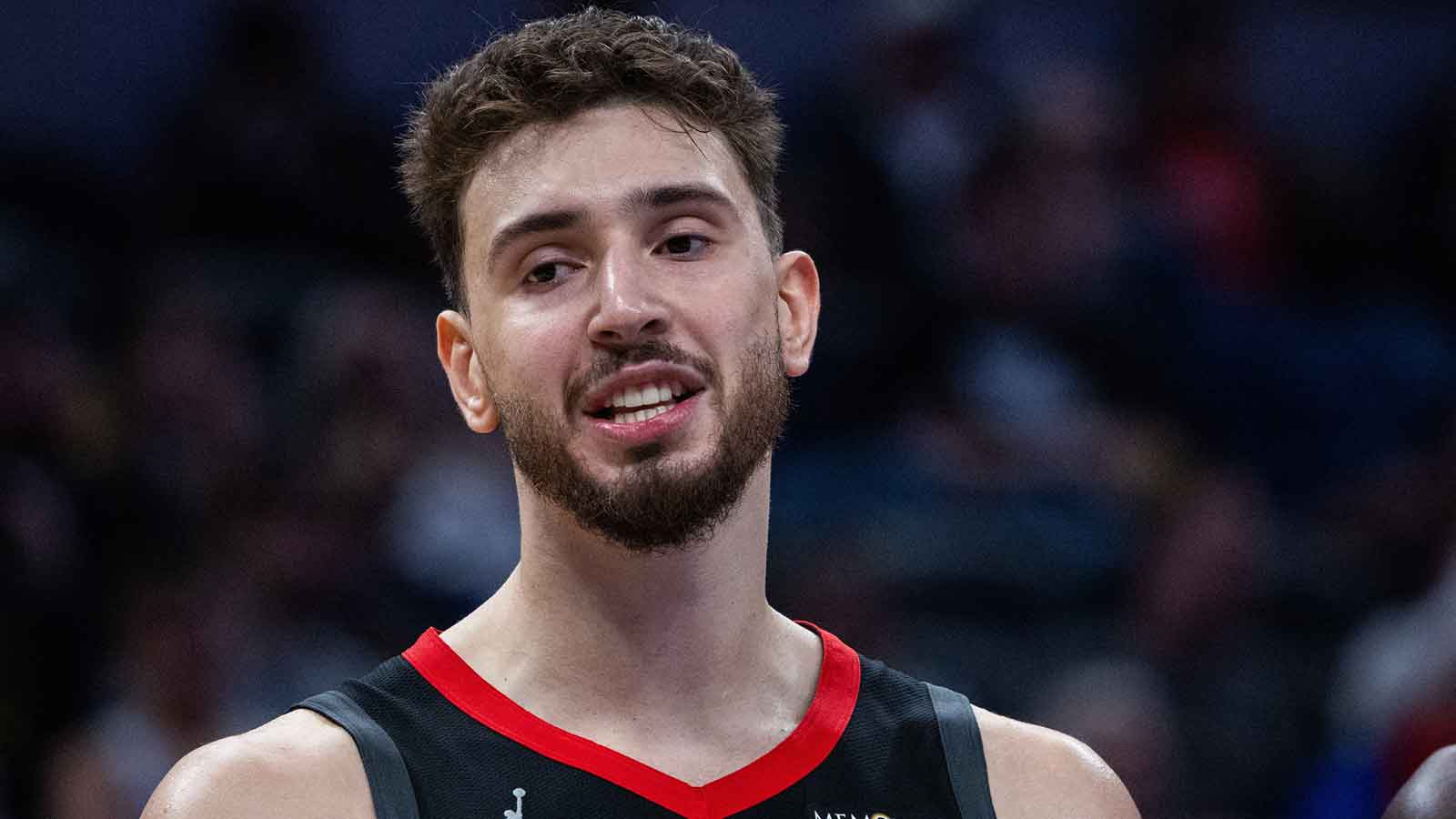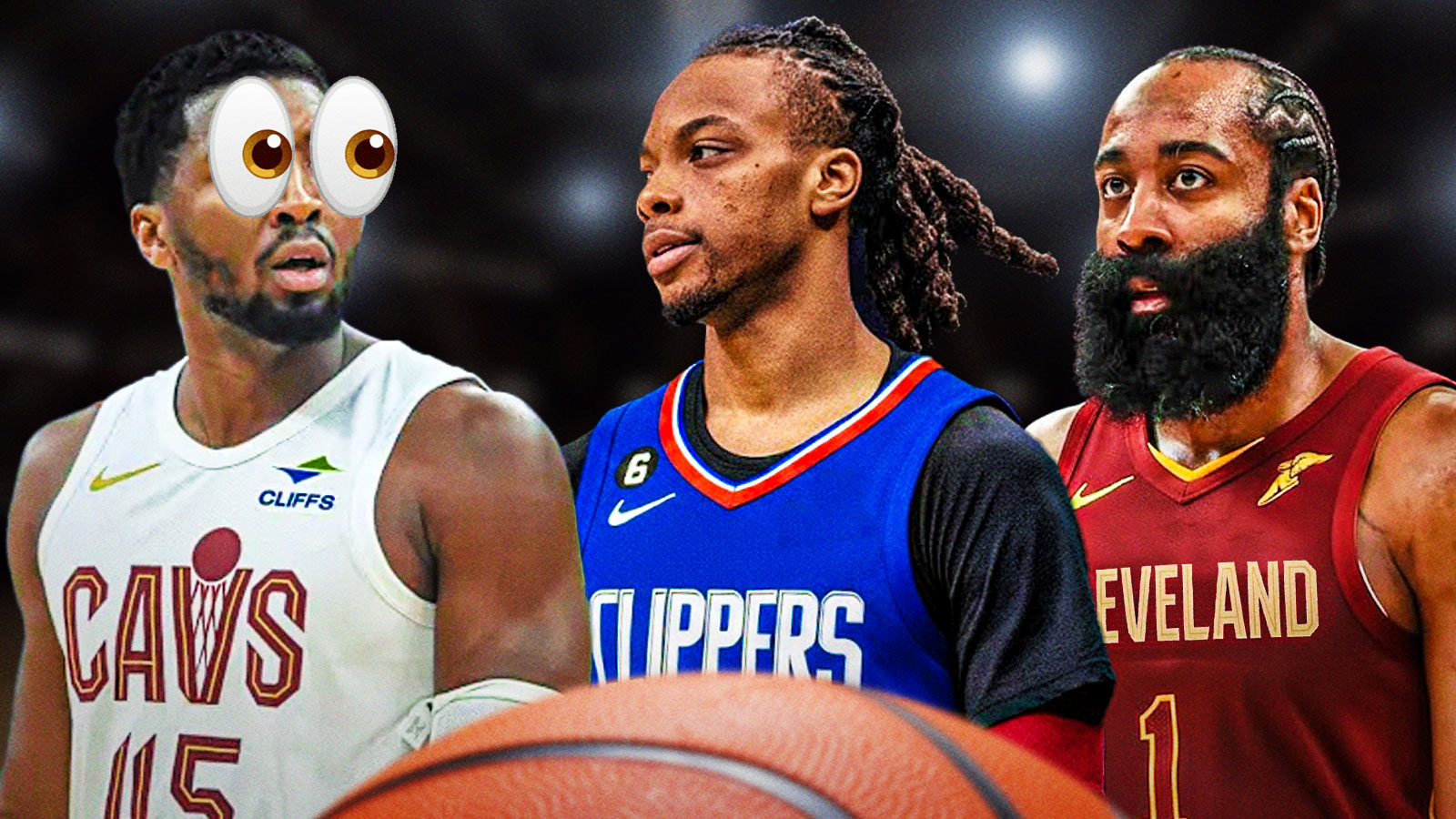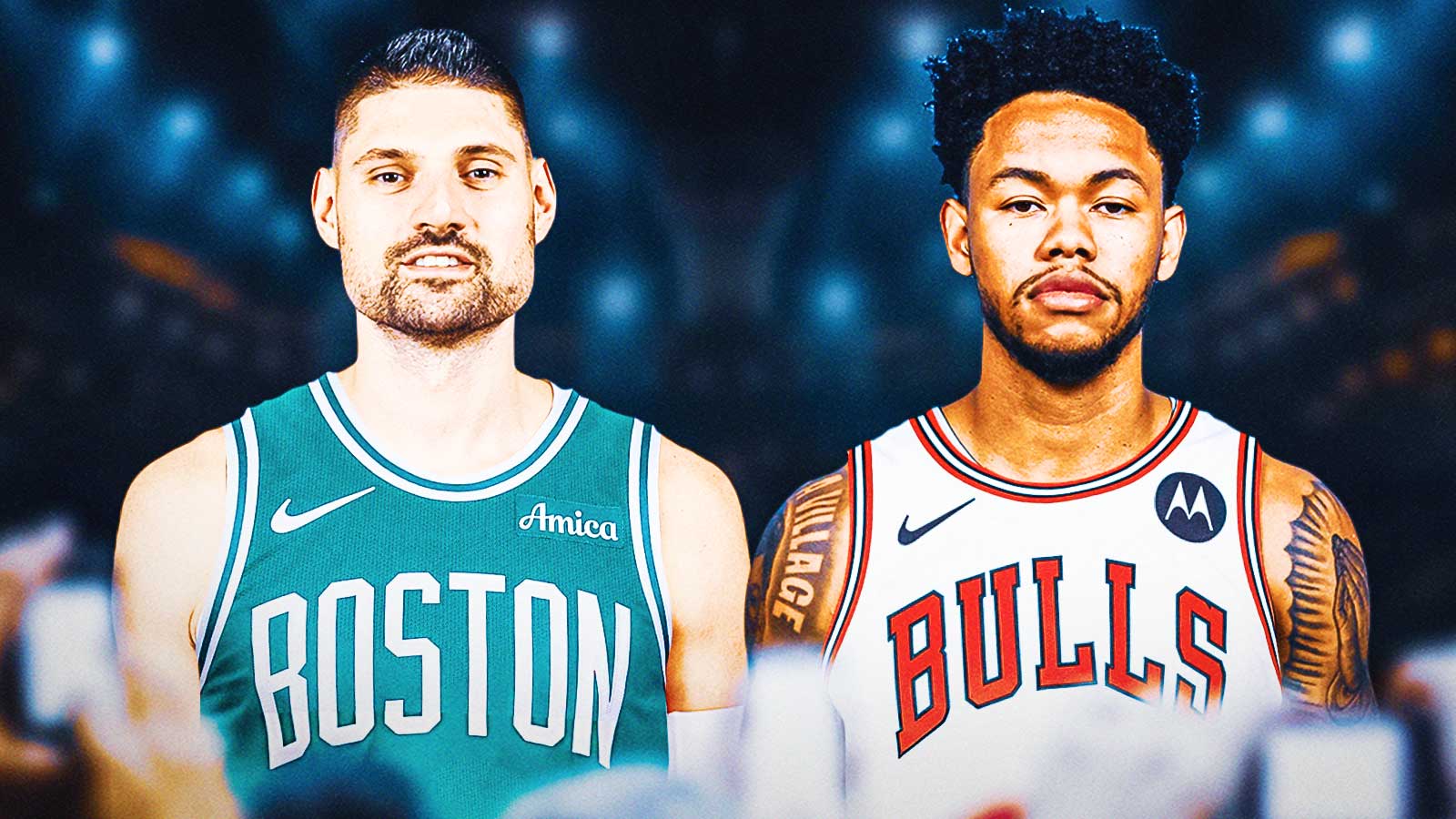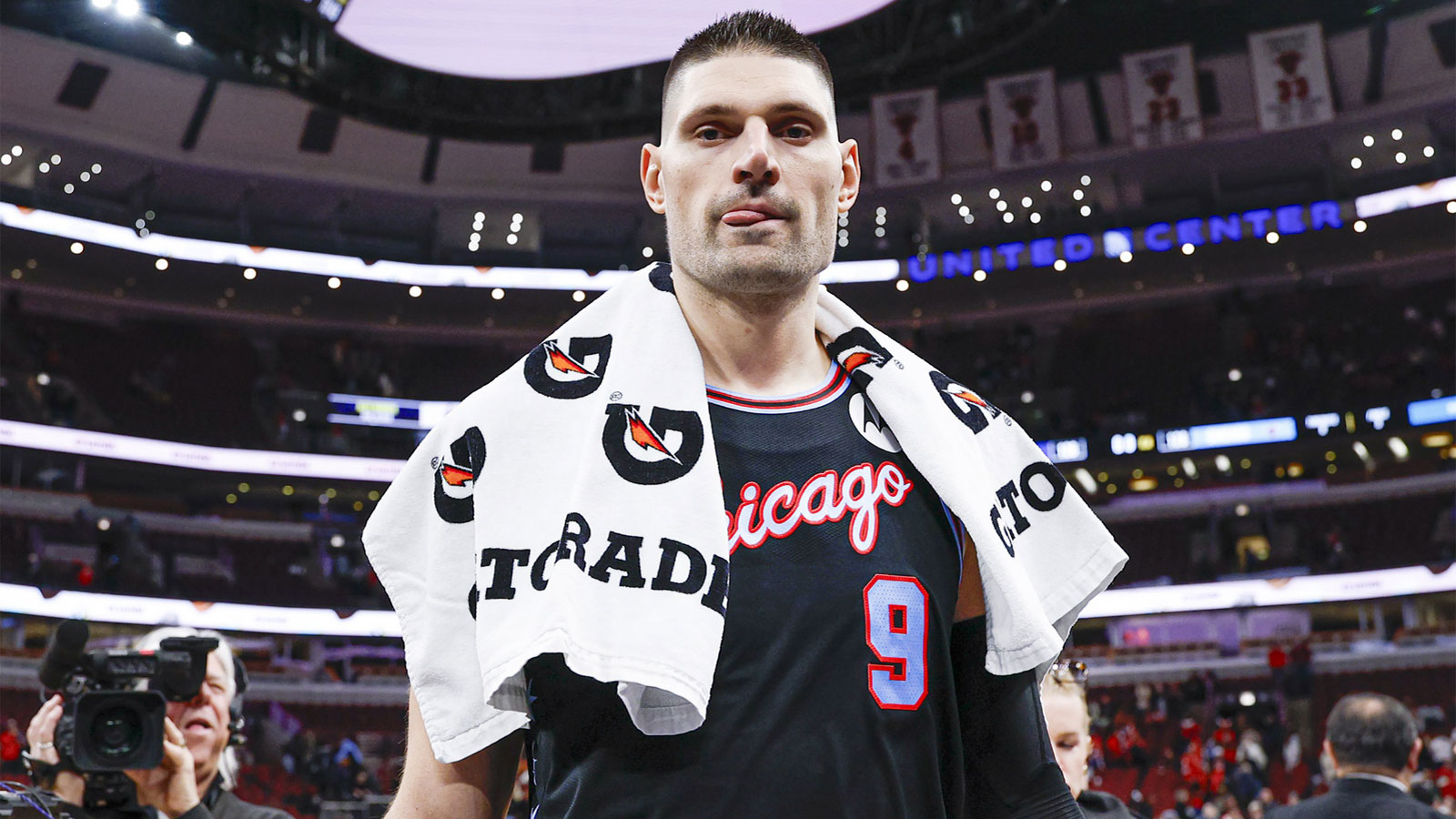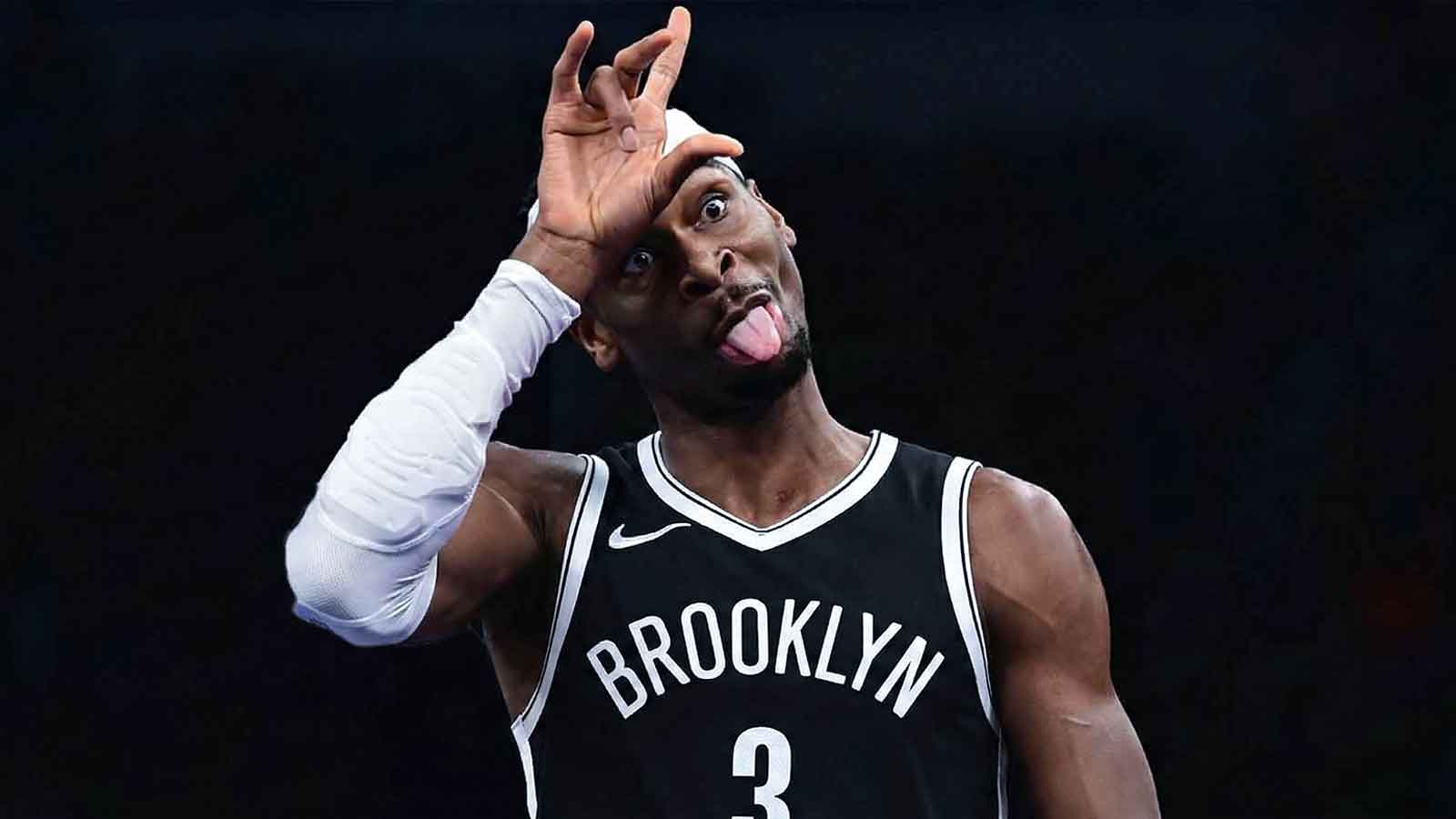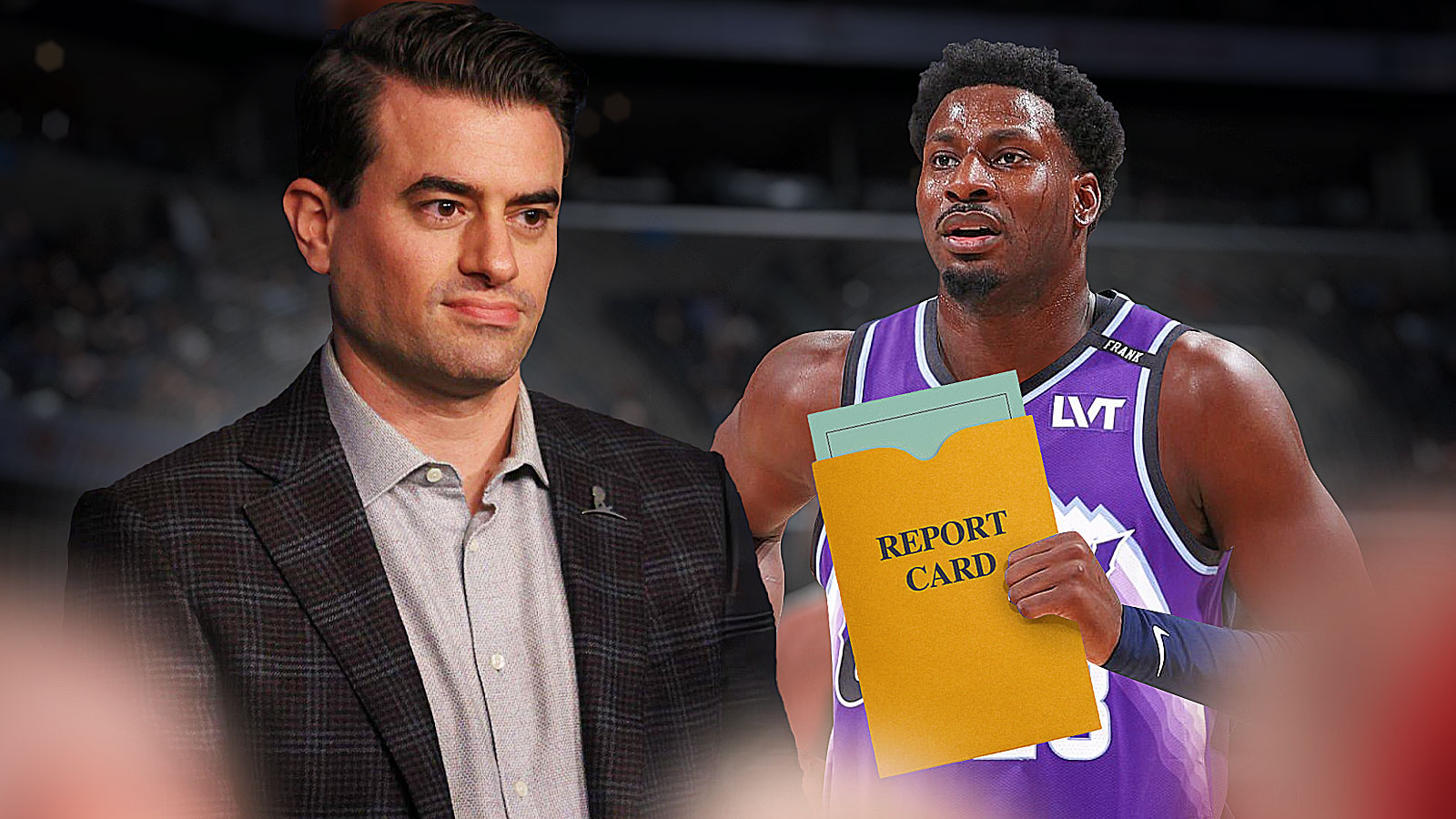Back in the 2003-04, the Detroit Pistons made arguably the best mid-season trade of all-time when they acquired Rasheed Wallace at the deadline, who helped the Pistons to their first title in almost 15 years.
Unfortunately for fans of the Pistons, they haven't been as lucky with their free agency signings. Much like the Lions, the lovable losers who the Pistons share town with, Motor City's basketball team has made a number of regrettable decisions when it comes to signing free agents. Here are five of the worst of those signings:
5. Nazr Mohammed (4 years, $25 million)
After losing one of the faces of their franchise in Ben Wallace to the Chicago Bulls, the Pistons tried to lessen the blow by signing Mohammed to a lengthy deal.
Mohammed really didn't fit well in Detroit's grit-and-grind mentality. He couln't catch the ball well on dump-down passses, was not nearly as quick or athletic as Wallace and provided very little help for the Pistons.
After one bad season that cost Detroit over $5 million, the Charlotte Bobcats took him in.
4. Brian Williams-AKA Bison Dele (7 years, $45 million)
Williams had a promising future with the Pistons, as he set career highs in points per game (16.2) and rebounds per game (8.9) in his first year with the squad.
After that prominent season, Detroit made him the richest player in team history at the time. And with their sizable investment, the Pistons got two relatively productive seasons before an unexpected retirement after the lockout-shortened season in 1999.
Williams appeared to have lost interest in the game of basketball, and had one of the most bizarre NBA lives following his mysterious death in 2002.
3. Charlie Villanueva (5 years, $40 million)
This was a puzzling move at the moment, as even though Villanueva had a promising start with the Toronto Raptors his rookie season, he was already showing signs of regression in his time with Milwaukee, as well as NBA players labeling him as one of the softest players in the league.
All those red flags didn't stop the Pistons from signing him for $8 million a year. While his confidence was clearly reeling after constant bullying from fellow power forward Kevin Garnett, he only averaged 9.5 ppg and 3.8 rpg in 20 minutes per game over five seasons with the Pistons.
Villanueva was one of many cases in the NBA's late 2000s era that was before his time, as he could have managed to stay healthy (missed 138 games over five seasons), a space-and-pace team like the Houston Rockets would have loved to take a risk on a player with Villanueva's length and reliable three-point stroke.
2. Ben Gordon (5 years, $55 million)
Adjusting for this year's cap number, this deal was the equivalent of the Pistons signing what was essentially a backup shooting guard for more than $20 million a year.
While Gordon did end up carving up a career for himself in Detroit as a sixth-man (averaged 12.4 points, 2.5 assists and 2.2 rebounds while only shooting 43.2 percent from the field during his three seasons), spending nearly $100 million on him and Villanueva to be mediocre players in bench roles destroyed the Pistons cap and help them get into the basketball purgatory that the remained in for the majority of the 21st century.
But at least those guys' deals were off the Pistons books last year, unlike the No. 1 player on this list
1. Josh Smith (4 years, $54 million, plus an additional $5.3 million from 2016-2019)
While Smith hasn't sported a Pistons uniform since the 2015-16 season, Detroit finally stopped paying Smith in 2019, doing damage to their cap space long after Smith's departure.
Even though Smith proved himself to be one of the NBA's best leapers and emphatic dunkers in a starting position for some decent Hawks teams, by the time he got to Detroit, he had lost most of his athleticism by the time he became a Piston due to some injuries. The career 28.5 percent three-point shooter fell in love with the deep ball, attempting three 3's a game with Detroit even though they almost never went in.
In a time when the rest of the NBA was getting smaller and smaller, general manager Joe Dumars and head coach Stan Van Gundy zagged, often playing Smith at the 3 alongside paint-clogging bigs in Greg Monroe and Andre Drummond. Both men ultimately lost their jobs partially due to decisions like this, with new management having to deal with the financial burden for more than a few seasons afterwards.








